What Is Bail And How Does It Work?
Bail is the release of a guilty individual in exchange for the submission of a personal bond or guarantee that they will abide by the terms set forth by the court and show up in court. It is not necessary to detain someone in jail for an indefinite amount of time just because they are accused of a crime.
Every person has the right to life and personal liberty under Article 21 of the Indian Constitution. It preserves the basic right to personal freedom and dignity, which includes the ability to request bail when being held by any law enforcement body. The legal procedure in India known as bail serves to balance the public interest in guaranteeing the accused person's appearance in court for trial with their right to freedom. It entails the judicial release of an accused individual from detention, with the stipulation that they must latern appear in court. In India, there are two types of crimes: those that are subject to bail and those that are not.
Types of Bail
Types of Bail
In India, bail may be granted under the following circumstances:
Rules governing bail for offenses that qualify for bail: The Indian Penal Code (1862) stipulates the circumstances in which bail may be granted for offenses that fall under section 436(1) of the Cr.P.C. A person may be freed on bail if they are apprehended or held by the police for any non-bailable offense, appear before the court, and are willing to post bond.
In this situation, the police officer who made the arrest or the court the subject was brought before may decide to issue bail. Typically, in this case, bail will be granted subject to the accused party providing a guarantee. However, the individual may be released on bail upon the execution of a bond without sureties for his appearance if the arresting officer or the court is convinced that the person is indignant and cannot furnish a guarantee. Even if the offense is subject to bail, the circumstances under which bail may be denied are outlined in this section's subsection (2).
Guidelines for bail in non-bailable offenses: According to Section 437 of the Code of Criminal Procedure, 1973, offenses that are not eligible for bail may also result in the granting of bail. The accused cannot, however, assert this discretion as a matter of right; rather, it belongs to the Court. This clause allows a court other than the High Court or the Court of Sessions to give bail to someone who has been arrested without a warrant and brought before them. However, if the court has good reason to suspect that the defendant is guilty of a crime that carries a death or life sentence, it may refuse to grant bail. If the offense is cognizable and the defendant has been found guilty twice or more of a crime punishable by death or imprisonment for a term exceeding seven years, or if the defendant has been found guilty twice or more of a crime punishable by imprisonment for a term exceeding three years, the court may additionally refuse bail.
The process for obtaining bail in advance of an arrest for an offense for which bail is not permitted is outlined in Section 438 of the CrPC. There should be a degree of fear involved, such as the feeling that the person asking for bail would be falsely accused or arrested, or that someone who doesn't get along with him will attempt to have him arrested under pretenses.
Bail Procedure
How can Sharks of Law assist you?
FAQs On Bail
1.Who is empowered to grant bail?
The legislation gives the court and the official in charge of a police station, who has detained or arrested an accused person who is suspected of committing a crime for which bail is not available, the authority to issue bail.
2. Which Courts Have the Authority to Issue Bail?
The High Courts, the Court of Session, and the Magistrate in situations where he
has the authority to try the relevant offence are the courts that have the authority to grant bail.
3.If an accused person is charged with a crime for which bail is not available, what factors should the court take into account?
The type and seriousness of the offence. The seriousness of the penalties in the event of a conviction and the scant evidence that supports it Justify fear of falsifying evidence or endangering the complainant and witnesses in the event that the accused is freed on bond Prima facie acceptance by the court of the allegations made.
4.When granting bail, can the court place?
Conditions may be imposed by the court when it grants bail. These requirements are typically meant to ensure that, while the accused is free on bond, he or she doesn't do anything that will impede the trial and, consequently, the administration of justice.
...Read lessConsult with experienced Lawyers across expert areas



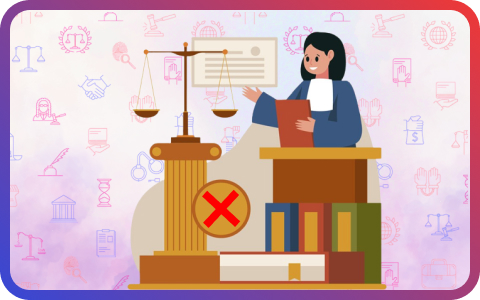

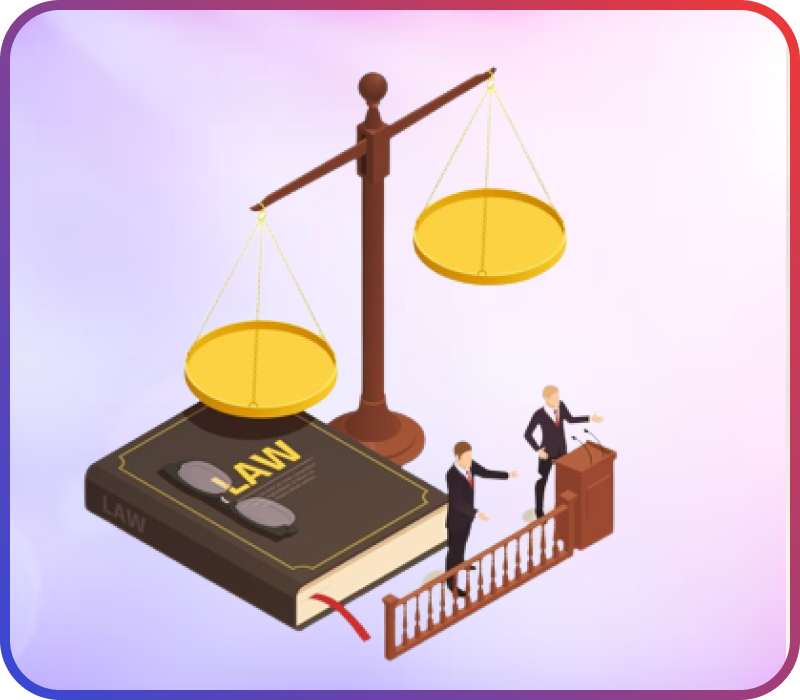
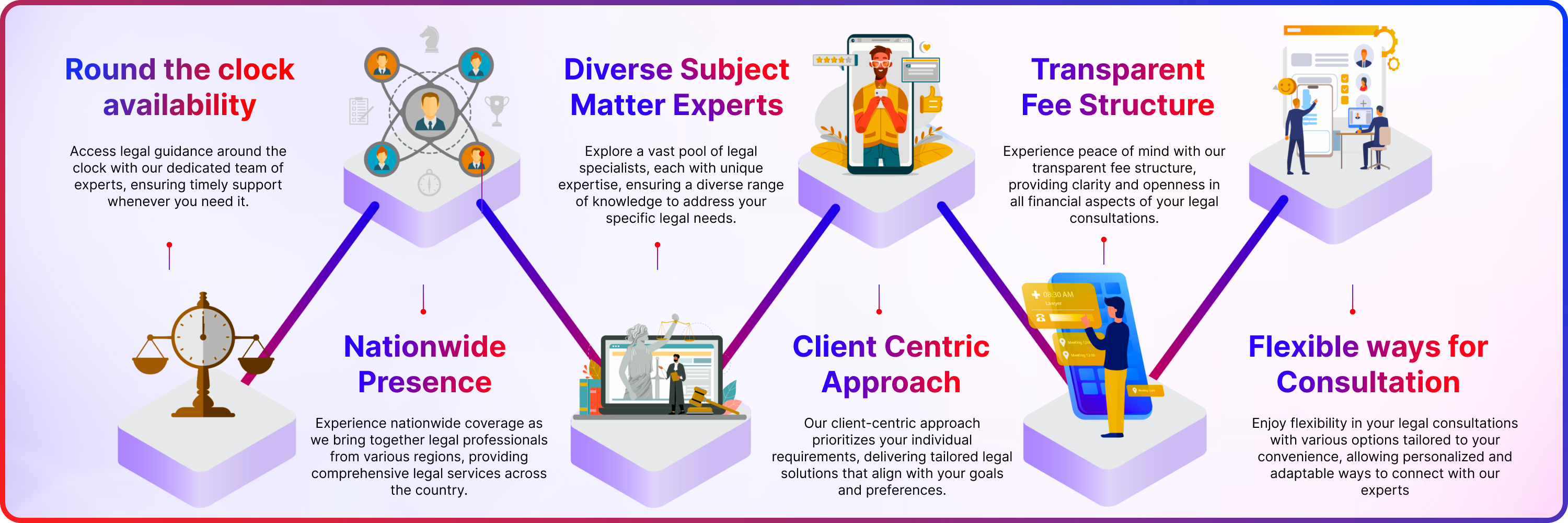
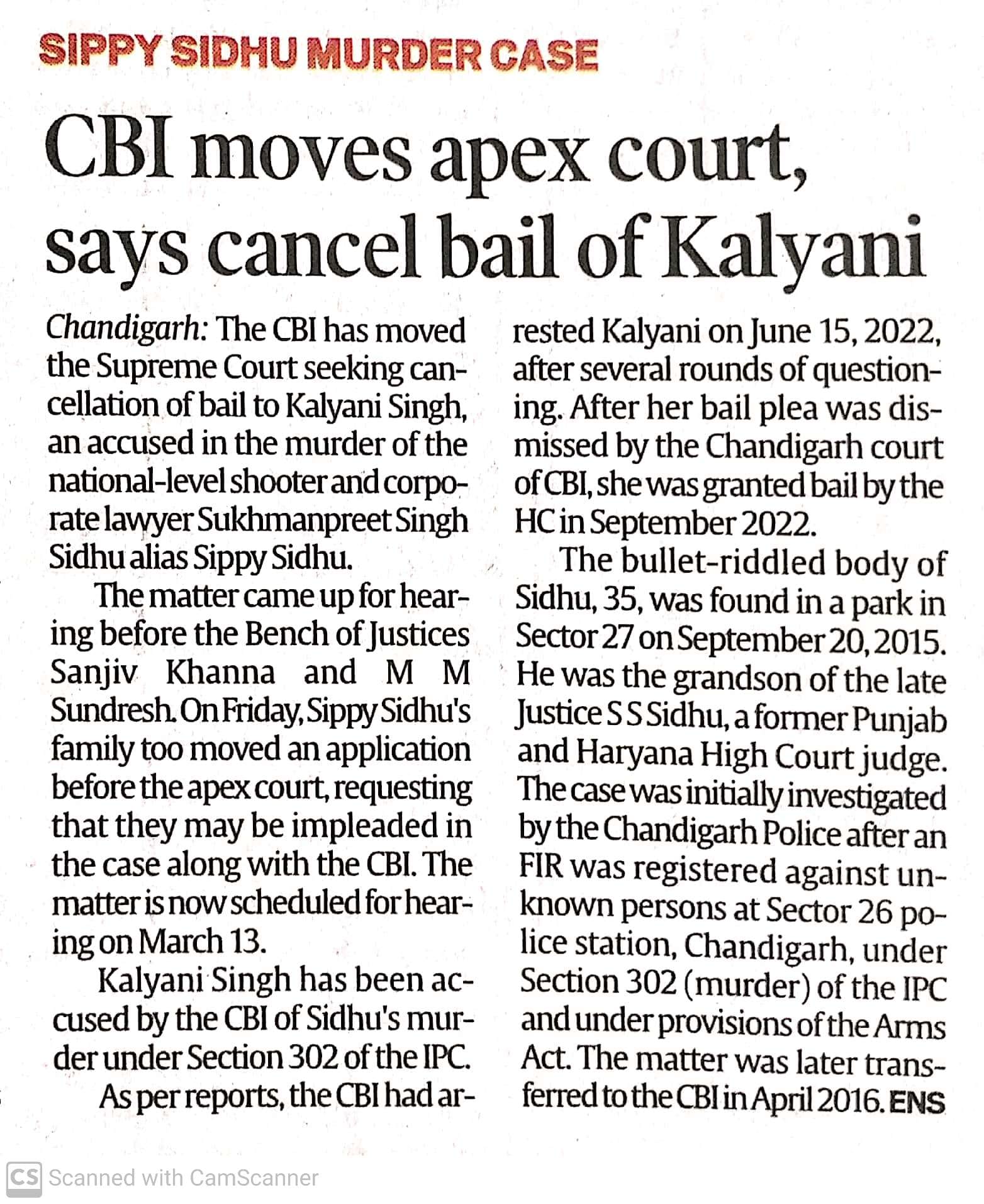
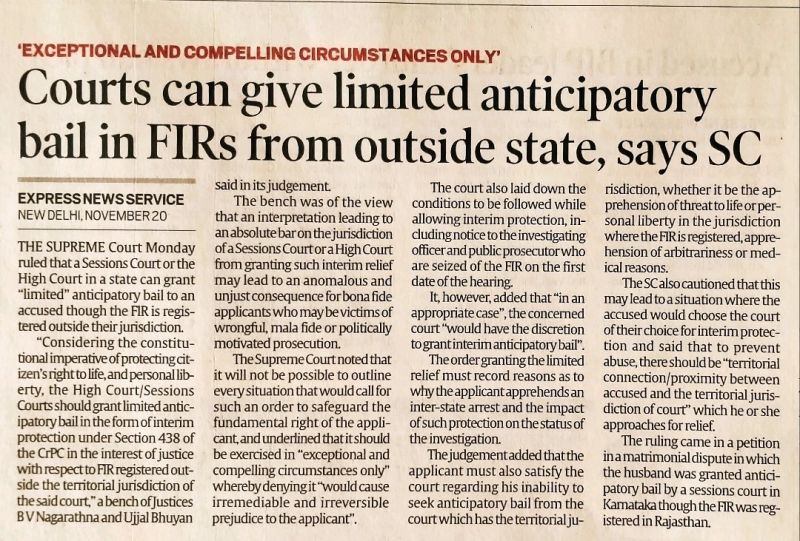
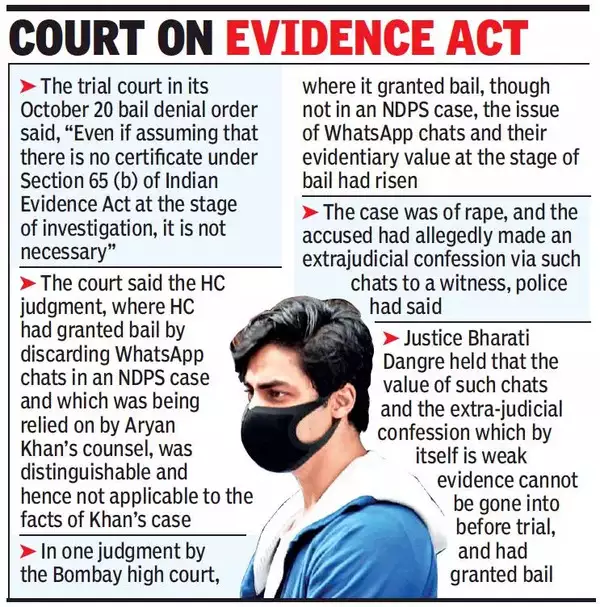
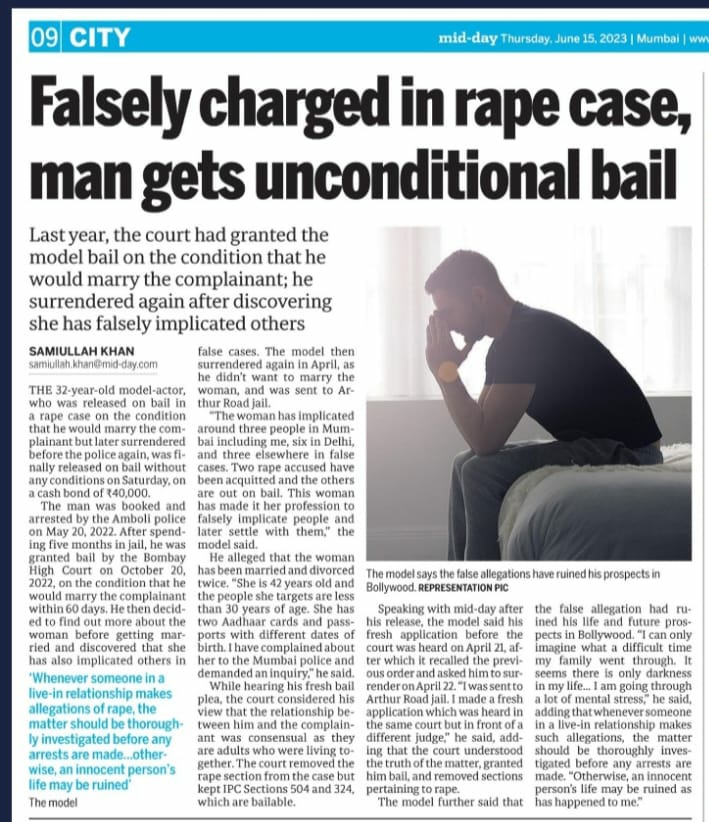

Take a look at the glowing reviews and success stories from some of our happy customers to see how (CompanyName) can help your business achieve its goals.